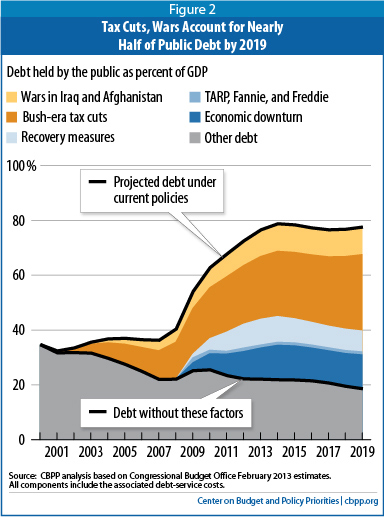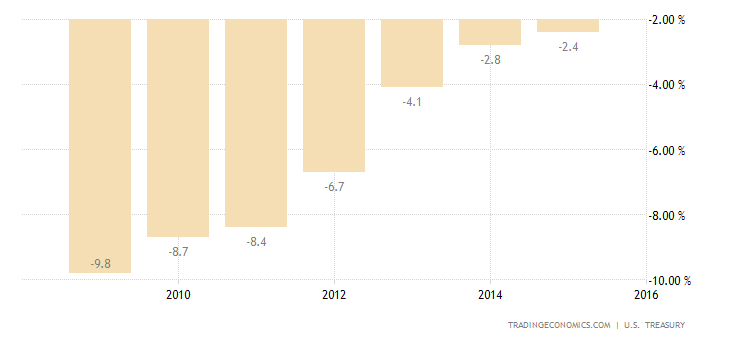- Joined
- Aug 10, 2013
- Messages
- 20,229
- Reaction score
- 21,621
- Location
- Cambridge, MA
- Gender
- Male
- Political Leaning
- Slightly Liberal
Can you explain the wild difference between the report I provided a link to, and that which you are claiming?
The report you linked included this statement:
How Much Are the Federal Subsidies, Taxes, and Penalties Associated With
Health Insurance?
CBO and JCT currently estimate that in 2016 the federal subsidies, taxes, and penalties associated with health insurance coverage will result in a net subsidy from the federal government of $660 billion, or 3.6 percent of gross domestic product (GDP). That amount is projected to rise at an average annual rate of 5.4 percent, reaching $1.1 trillion (or 4.1 percent of GDP) in 2026. For the entire 2017–2026 period, the projected net subsidy is $8.9 trillion.
I'm talking about spending due to the ACA (exchange subsidies, new Medicaid/CHIP, small business tax credits): Table 3 of your CBO document.
You're referencing all federal health spending, period. Including the $266 billion tax expenditure on the employer tax exclusion, $203 billion in spending on the pre-ACA Medicaid population, and $80 billion in net spending on Medicare--none of which are ACA expenditures.


